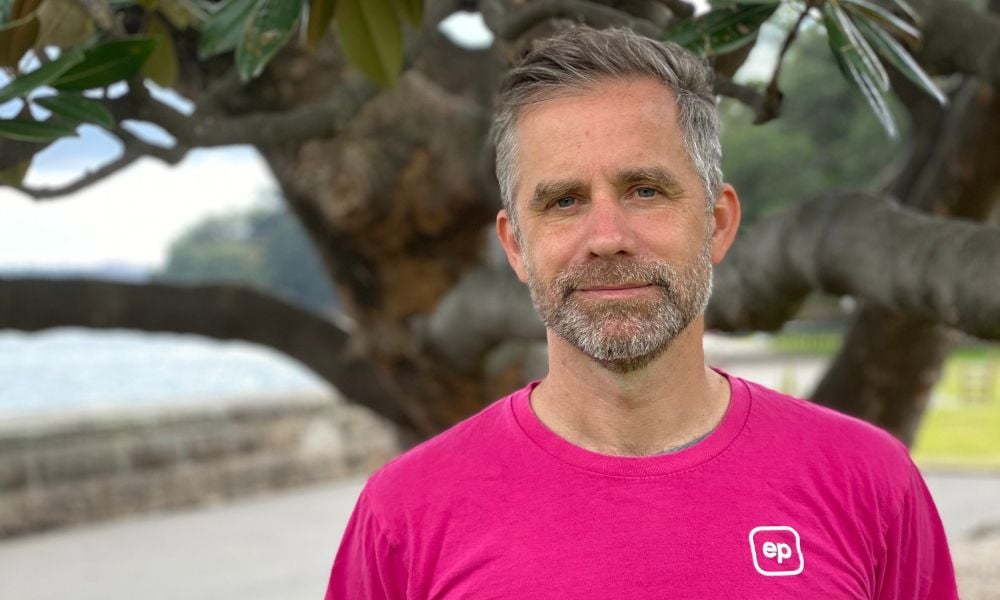
'If you've got the right controls and governance, you know your goals, you don't need to worry about where someone is located'

Kiwi-based Education Perfect has seen significant growth since CEO Alex Burke took the helm four years ago. He’s increased revenue four times over, expanded the workforce two-fold, grown the global office count to 12 countries, and picked up a diversity and inclusion award while doing it.
Burke told HRD, “It’s been an incredible journey for the company, but I think a lot of it comes down to people culture.”
When Burke first took on the role, he recognised Education Perfect had a great product but really wanted to build the people function around that product.
“I put people around my product and if you can get that combination right, that’s what really makes you a market leader and the best at what you’re doing,” he said.
“It’s very much led from the top,” Burke continued. “I’m a bit of an introvert but high energy with people and I love one-to-one connections; I guess with that, you build a bit of trust with people and that helps to unite the business because you have this mutual respect amongst the group.”
The CEO calls it “a nice organic journey,” in gaining more trust.
“And then with that builds culture, and I think inclusive culture builds to high performance,” he said.
Now, Burke leads 280 employees in 12 countries, and while the workforce is treated as remote and can work from anywhere, the company has offices staff can use in 10 of those countries.
“People really appreciate a flexible environment and when you provide people with that flexibility, it empowers them,” said Burke. “Some people love being around the office, some people don’t, some people like a combination.”
“If you’ve got the right controls and governance in the business, you know your goals, you know what you’re shooting for, you know what high performance looks like, that’s when it really works well, and you don’t need to worry about where someone is located.”
Burke highlighted the importance of regular, consistent and steady communication within remote teams.
“We treat it like a remote team but then offer the ability for people to connect,” he said. “If you can create regular touchpoints and connections, you create a safe place for people to raise their hands.”
One of those opportunities to connect happened in February this year when the company brought 80 people from its international team to Aotearoa. The employees were welcomed with a mihi whakatau (informal cultural welcome) lead by rangatira o kaupapa Māori Te Rau-o-te-Rangi Winterburn.
“It was just incredible to get everyone together, and we tried to immerse them in Kiwi culture in a really authentic way, which was really quite moving. We did a combination of some serious stuff, some sport, some fun, just nice ways to connect,” said Burke. But there’s a business side to this as well – let’s really step out of this room and be a high-performing team and really shoot for international goals.”